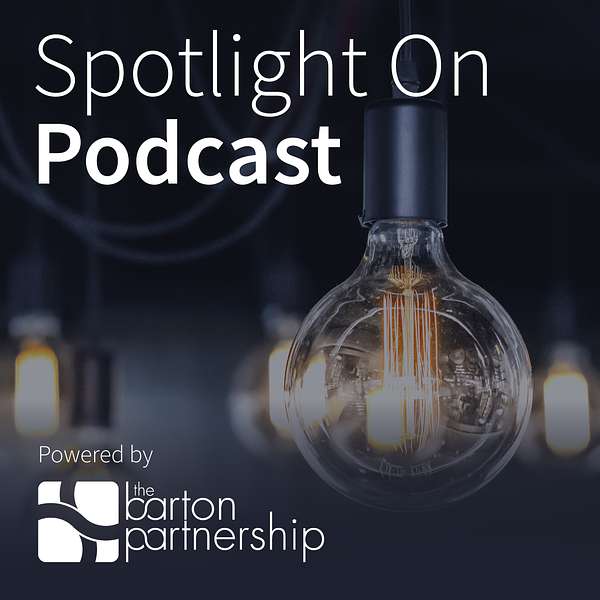
Spotlight On Podcast
Spotlight On Podcast
Spotlight On with Carl Evander, Partner & Global Head of Private Equity at OC&C Strategy Consultants
In this episode of Spotlight On, TBP's Founder, Nicholas Barton, sits down with Carl Evander, OC&C's Global Head of Private Equity, who offers an insider's view off the back of a trip to Superreturn Berlin. Carl discusses how private equity is navigating today's tough economic climate, including rising interest rates and tech disruption.
Carl visits PE at a turning point, moving from a boom to a cautious period. Despite this, Carl also notes that long-term PE returns still beat public markets. He notes that firms must transform businesses, not just buy and hold, driving the rise of value creation teams and investment in sectors like energy transition and AI data centers.
He also provides a nuanced take on AI: great for productivity, but not a replacement for human judgment. Join this insightful conversation on PE's evolution in uncertain times.